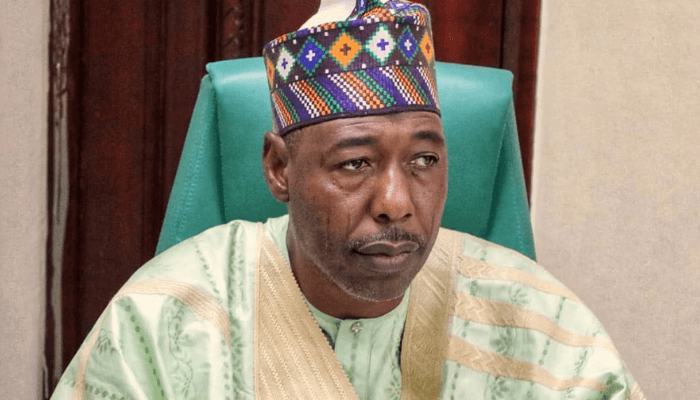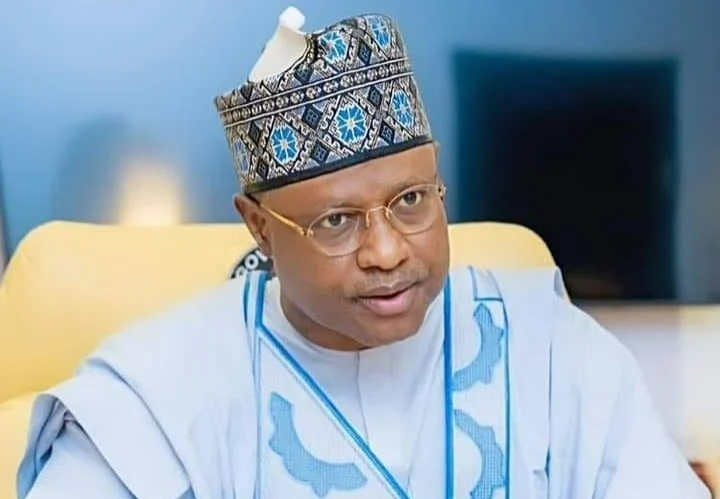The Central Bank of Nigeria has insisted that it followed due process with their plan to re-design the N100, N200, N500, and N1,000 banknotes.
AM BUSINESS had on Wednesday reported that the CBN Governor, Godwin Emefiele announced that the bank would release re-designed naira notes by December 15, 2022.
However in another twist, the Minister of Finance, Budget and National Planning, Zainab Ahmed stated that the Federal Government is not aware of the plan to re-design the Naira notes.
Speaking at a budget defence session at the Senate on Friday, Ahmed said the apex bank did not consult her and other ministers before announcing the plan, noting that the project would produce negative economic consequences.
In a latest development, the apex banking body stated that it followed a due process and that the exercise is 12 years due.
According to The PUNCH, the spokesman of the CBN, Mr Osita Nwanisobi via press statement expressed surprise at the minister’s claim, stressing that the CBN remains a very thorough institution that follows due process in its policy actions.
Nwanisobi claims that the CBN’s management properly requested and received the President, Major General Muhammadu Buhari (ret. ), in writing, approval to redesign, produce, release, and circulate new series of N200, N500, and N1,000 banknotes in accordance with Sections 2(b), Section 18(a), and Section 19(a)(b) of the CBN Act 2007.
However, he urged Nigerians to support the currency reform effort, claiming that it was in their best interests overall and that some people were hoarding substantial amounts of cash outside of commercial banks’ vaults. He argued that no one who cares about the country should support this trend.
The integrity of the currency, the CBN, and the nation were all at risk, he said, adding that every top-notch Central Bank was committed to preserving the legitimacy of the local legal tender, the effectiveness of its supply, and its ability to carry out monetary policy. He noted that the country’s currency management had to deal with a number of growing problems.
Regarding the timeframe of the redesign project, Nwanisobi said that the CBN had even waited too long, having to wait 20 years before beginning work, although central banks were typically required to develop, create, and circulate new local legal tender every five to eight years.
The CBN spokesman expressed optimism that the effort would, among other goals, deepen Nigeria’s push to entrench a cashless economy in the face of increased minting of the eNaira while assuring Nigerians that the currency redesign exercise was strictly a central banking exercise and not targeted at any group.
This, he claimed, in addition to assisting in the reduction of terrorist and abduction situations, was made possible by people’s access to the significant amount of money kept outside the banking system and utilized as a source of funding for ransom payments.
Therefore, Nwanisobi asked Nigerians, regardless of their status, to support the endeavor to reform the naira since it is essential to the country’s economy.











